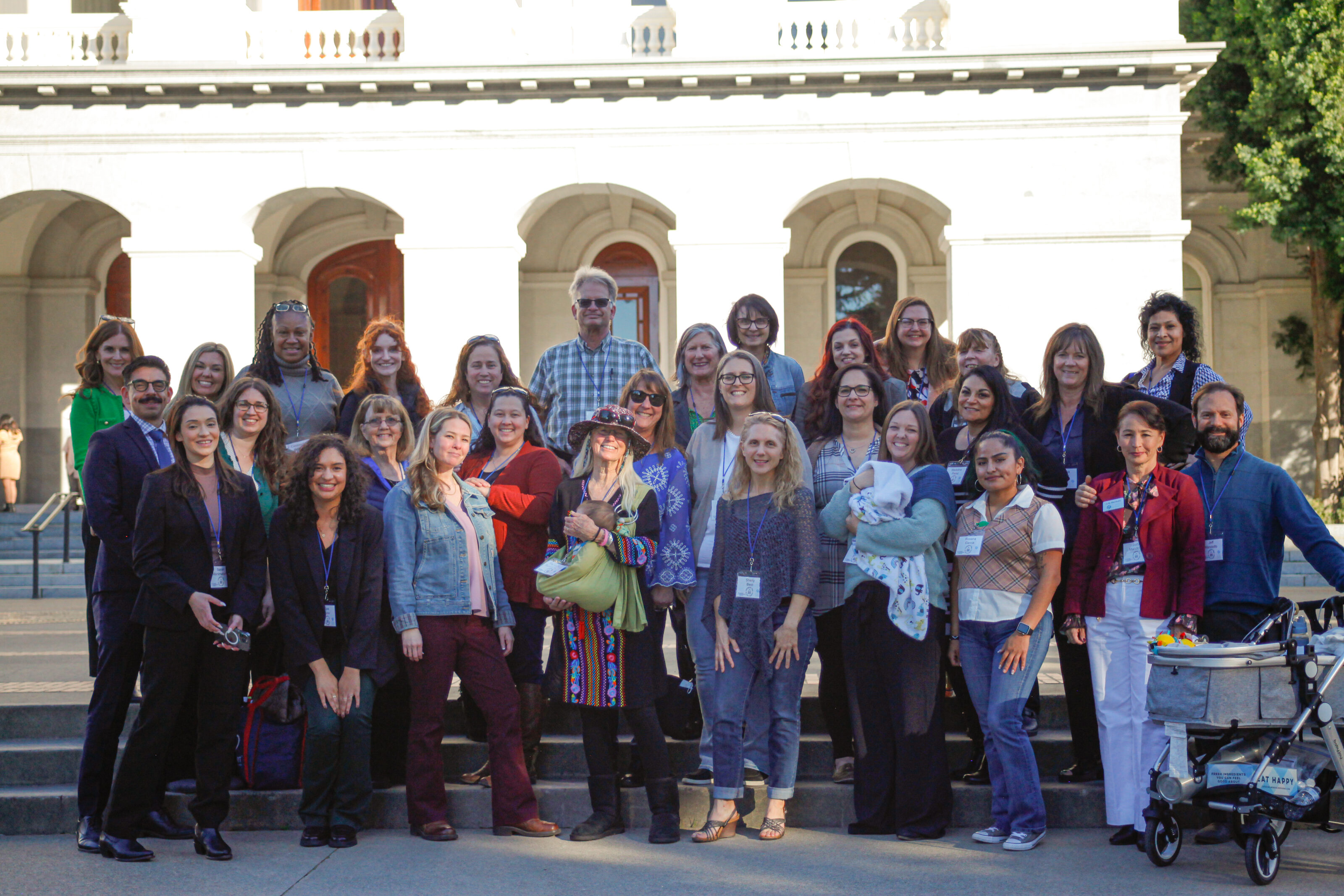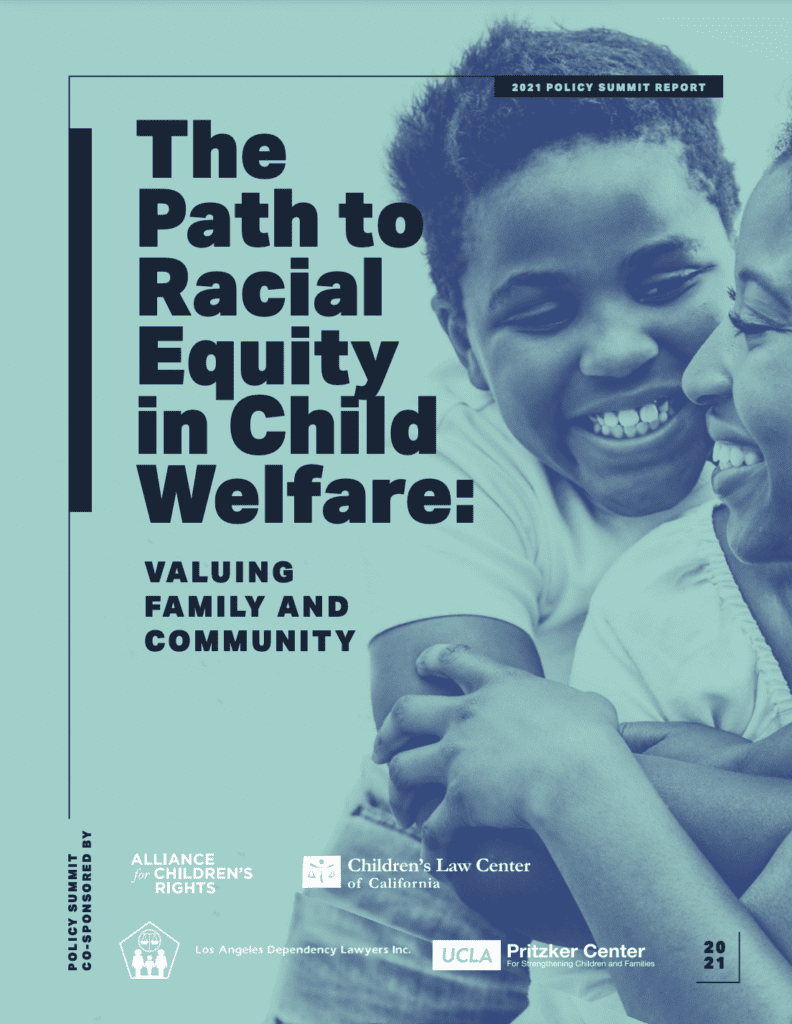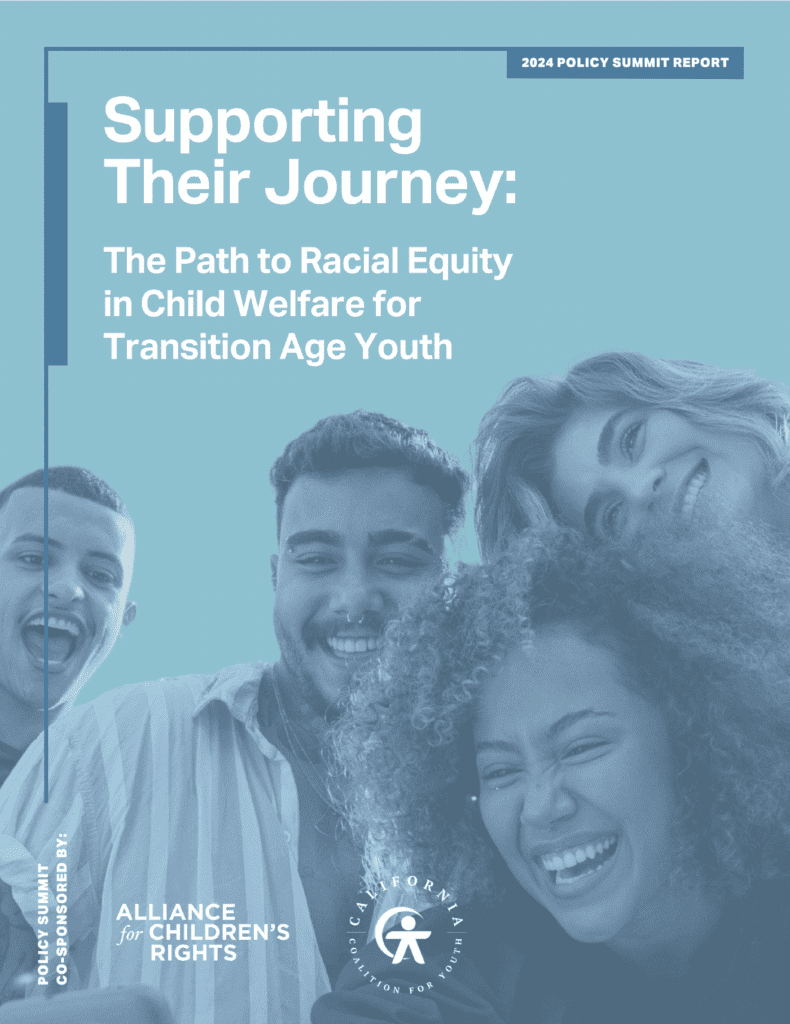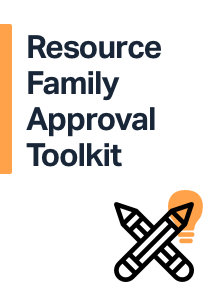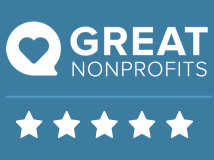Developing Solutions
We have to change policy if we want to change the world for children
To more effectively achieve our mission of stability, equity, and justice for all young people across the state, the Alliance identifies systemic issues and barriers that impact our clients, and advocates for broad solutions and improvements through ground-breaking child welfare policy reform.
A bold leader in the field, the Alliance has sponsored and co-sponsored bills that have positively impacted foster care throughout California, including:
- AB 12, extending foster care to age 21,
- AB 260, ensuring that probate courts and dependency courts work together in concert and protect the due process interests of parents and children and support information sharing to help inform decision making, and
- SB 354, removing barriers and creating more opportunities in the foster care system for children to be housed with relative and non-relative extended family member caregivers regardless of a prior criminal conviction, provided that the conviction does not endanger the child.
Whole Families / Whole Communities
During the summer of 2020, amidst the nationwide uprising against police brutality and systemic racism, the Alliance for Children’s Rights launched an initiative focused on addressing the racial inequities in child welfare. In the time since, the Alliance has collaborated with advocates, court officers, child welfare agency staff members, service providers, and people directly impacted by the system to develop and refine recommendations for building an equitable, just, and family-centered system.
Whole Families/Whole Communities is an advocacy campaign dedicated to transforming these recommendations—this blueprint for reform—into reality across the state of California. Learn more >>
Supporting Their Journey: The Path to Racial Equity in Child Welfare for Transition Age Youth
- Addressing Systemwide Racial Disproportionalities and Disparities
- Supporting Successful Transitions to Adulthood
- Providing Housing Stability and Preventing Exits to Homelessness
- Accessing Concrete Supports
- Preventing Food Insecurity
- Promoting Attaining Educational Goals
- Ensuring Timely Access to Behavioral Health Services
- Addressing Permanency Disruptions and Permanency Options to Avoid Instability
- Targeting Supports for Expectant and Parenting Youth
- Targeting Supports for Youth Victimized by Commercial Sexual Exploitation
Current Policy Campaigns
- Protecting children in immigrant and mixed-status families by ensuring emergency contact information and family preparedness plans are up-to-date in the event immigration enforcement impacts children at schools and licensed childcare facilities and strengthening legal tools, including Caregiver’s Authorization Affidavits, Guardianship Nominations, and Short-Term Guardianships, to provide families with clear, legally recognized options to ensure caregiving continuity during family separations
- Ensuring county placing agencies review eligibility for all available foster care benefits to promote placement stability and prevent avoidable administrative hearings
- Disallowing the practice of county placing agencies collecting children’s and youths’ disability benefits to pay for the cost of their foster care to increase the number of eligible foster youth with access to their Social Security benefits upon their exit from care
- Ensuring the Los Angeles County Office of Child Protection’s strategic plan maximizes supports child, youth and caregivers
- Ensuring Los Angeles County agencies engage in interdepartmental collaboration
- Ensuring equitable access to education for students in camps and court school
Ensuring that all transition age youth who elect to participate in Extended Foster Care or are aging out of foster care are appropriately and safely housed and have access to appropriate supports and services
- Incentivizing the acquisition, renovation or construction of housing for current and former foster youth and youth experiencing or at risk of homelessness to provide safe and stable housing
- Increasing housing stability and capacity through Measure A and other funding sources
Ensuring equitable access to services and supports for communities that are most impacted by the foster care system
- Establishing a notification protocol including tribal notification, and requiring development of due diligence processes to help locate, return and stabilize missing children and youth
- Participating in state and local reform processes to reimagine the role and processes of mandated reporting
Legislative Priorities
CURRENT SPONSORED BILLS AND BUDGET REQUESTS:
Creating a child-centered, family-focused child welfare system for children who cannot remain safely in the home of a parent
Ensuring family preparedness plans are updated in the event immigration enforcement impacts children at schools or childcare as well as creating additional clarity for existing guardianship options and developing a new option to promote engaged and informed family decision-making and acceptance by schools, healthcare providers and others for families impacted by immigration enforcement actions.
Ensuring county placing agencies review eligibility for all available foster care benefits to promote placement stability and prevent avoidable administrative hearings.
AB 1080 (Bryan) :
Disallowing the practice of county placing agencies collecting children’s and youths’ disability benefits to pay for the cost of their foster care
AB 2830 (R. Rivas) :
Remove barriers to placements with relative and extended family members by requiring the California Department of Social Services to adopt a simplified approval process for relative caregivers and upon implementation of a simplified approval process for relatives, to track and report to the Legislature certain data regarding relative placements and recommendations for consideration for future legislation to further the intent to streamline placement with relatives and extended family members.
AB 2906 (Bryan) :
- Disallowing the practice of county agencies collecting survivor benefits to pay for the cost of foster care and creating notification requirements to increase the number of eligible foster youth linked to Social Security benefits upon their exit from care
- Ensuring proposed permanent foster care rate structure supports children and youth in foster care and caregivers
- Advocating against the elimination of the critical children, youth and caregiver support Family Urgent Response System (FURS) proposed in the Governor’s FY 24-25 Budget
Ensuring that all transition age youth who elect to participate in Extended Foster Care or are aging out of foster care are appropriately and safely housed and have access to appropriate supports and services:
- Increasing housing stability and enhancing the impact of California’s investments in housing for youth by creating a dedicated funding source, the Youth Housing Bond Fund of 2025, to combat youth homelessness and allowing both public agencies and community-based organizations with specific youth expertise to apply for youth bond funds
AB 2477 (Zbur):
- Clarifying ambiguities in state law that appear to cap youths’ cash savings while they are in Extended Foster Care to help promote successful transitions when youth exit foster care
SB 1079 (Menjivar):
- Increasing housing stability and enhancing the impact of California’s investments in housing for youth by creating a dedicated funding source, the 2024 Youth Housing Bond Fund, to combat youth homelessness and allowing both public agencies and community-based organizations with specific youth expertise to apply for youth bond funds
- Opposing cuts to transition age youth housing supports including Supervised Independent Living Program (SILP) housing supplement and Housing Navigation and Maintenance Program proposed in the Governor’s FY 24-25 Budget
FACT SHEET
Ensuring equitable access to services and supports for communities that are most impacted by the foster care system
AB 2108 (Ramos):
- Building on past legislative efforts and formalizing best practices by requiring notification to family members, court appointed counsel, tribes and tribal representatives, law enforcement and the court of jurisdiction when a child or nonminor dependent is missing from foster care to locate, place and stabilize children and youth when they return, with a particular focus on the inclusion of tribes and tribal representatives to address the crisis of missing indigenous youth
FACT SHEET
Our Victories
The Alliance is a leader in identifying systemic issues and successfully advocating for common sense solutions to ensure children and youth in foster care and their caregivers are provided the critical supports and services necessary to thrive.
Through systemic advocacy at the state and local levels, the Alliance actively engages partners and advocates to elevates both issues and solutions.
The Alliance is a major player in significant legislative reform of the child welfare system, resulting in improved outcomes for children and youth in foster care and those who care for them including:
2024
- Protecting Children Missing From Foster Care — Assembly Bill 2108 (Ramos): creates a more family-centered and child-focused process to locate, return, and stabilize children and youth who go missing while in the care, custody, and control of the child welfare system by revising the protocols county child welfare agencies and probation departments are required to develop and implement to expeditiously locate children and youth missing from foster care.
- Supporting Successful Transitions for Youth in Foster Care — Assembly Bill 2477 (Zbur): clarifies ambiguities in state law that appear to cap youths’ cash savings while they are in extended foster care to help young people save and promote their successful transition when they exit care.
- Streamlining Relative Approval Processes — Assembly Bill 2830 (R. Rivas): seeks to create a streamlined approval process for relative caregivers to become foster care providers by ensuring the California Department of Social Services undertakes a timely and effective process to adopt a simplified approval process for relative caregivers that achieves the goals of safety, permanency, and well-being for children in out-of-home care.
Preserving Social Security Survivor Benefits for Youth in Foster Care — Assembly Bill 2906 (Bryan): requires counties to conserve Social Security survivor benefits received by a youth in foster care for that youth’s current and future needs, rather than using those benefits to pay for the cost of the child’s foster care placement. AB 2906 also creates notification requirements to increase the number of eligible foster youth linked to Social Security benefits upon their exit from care.
2023
- Office of Youth and Community Restoration — AB 505 (Ting): makes clarifying updates to the responsibilities of the Office of Youth and Community Restoration (OYCR) by authorizing OYCR ombudsperson access to juvenile detention facilities at any time without prior notice and to access juvenile facility records at all times to facilitate timely response to youth reports
Foster Care Rates: Supplemental Report Language as part of the FY 23-24 budget process requires the Department of Social Services to include a schedule for stakeholder input and consultation on the Continuum of Care Reform Permanent Rates Proposal to provide a forum for stakeholder engagement on the new foster care rates structure to be proposed as part of the FY 24-25 budget.
2022
- Supplemental Security Income for Foster Youth: $600,000 ongoing to facilitate access to federal Supplemental Security Income (SSI) benefits for foster youth with disabilities, with a focus on transition age foster youth and accompanying trailer bill language directs county placing agencies to screen certain nonminor dependents for possible SSI eligibility, submit an application on behalf of any nonminor dependent who is likely to be eligible for SSI, file appeals for denied SSI applications, and provide ongoing information and assistance for youth to select an appropriate payee and maintain medical and financial eligibility.
- Emergency Caregiver Funding: additional $1.7 million to provide for emergency payments to caregivers for up to 365 days under certain circumstances.
- Emergency Child Care Bridge: $35 million in expansion funding including $26 million to provide additional vouchers; $5 million to increase the number of navigators and $4 million for additional trauma-informed training.
- Clarifying Education Rights — AB 180 (Committee on Budget) clarifies education rights for youth impacted by child welfare and juvenile justice
- Reducing Barriers to Family Reunification — AB 1686 (Bryan) increases the likelihood that children, especially children from very low-income families, will be reunified with their parents from foster care by requiring counties to presume that the costs parents are required to pay are likely to pose barriers to family reunification.
- Access to Guardianships in Juvenile Court Cases — AB 2309 (Friedman) addresses families’ and advocates reported challenges with the WIC Section 360(a) guardianship process to promote family decision making.
- Expanding Access to Diplomas for Highly Mobile Students — SB 532 (Caballero) expands and strengthens the rights for youth in foster care, youth experiencing homelessness, former juvenile court school students, children of military families, and migratory children.
- Clarifying Access to Juvenile Court Records — SB 1071 (Umberg) clarifies that attorneys and judges participating in a Department of Social Services administrative hearing involving a youth in foster care may have access to the juvenile case file for purposes of that confidential hearing and establishes timelines by which counties must make pertinent records available.
2021
- Supporting Caregivers Through the Pandemic $80 million in 2021-2022 to support a pandemic stipend for resource parents to acknowledge their heightened responsibilities during the pandemic.
- Helping Families Navigate COVID-19 School Disruptions $550 million to support families and schools in resolving IEP disputes to enable students to expeditiously receive the education assessments, aids, resources and services required in their IEP and to address the learning loss associated with the disruption of education caused by the pandemic.
- Investing in Youth Housing to Achieve Bright Futures
$200 million to spur the development of housing for current and former foster youth and youth experiencing homelessness. - Supporting Pregnant Youth in Foster Care
$1.8 million to provide an expectant parent supplement three months prior to the expected birth of a child to support expectant youth. - Limiting Hidden Foster Care — AB 260 (Stone) strengthens the probate court’s ability to collaborate with the dependency court; establishes judicial oversight of child welfare investigations, and requires Judicial Council to update information resources and those resources to be provided to parents and proposed guardians.
- Sibling Placement — AB 366 (Rubio) strengthens the statutory protections that keep siblings together by specifying that an approved resource family shall be presumed to have the size and space to place siblings together unless there is a safety risk.
- Promoting Stable and Positive Housing in the Extended Foster Youth Program — AB 592 (Friedman) restructures the host family transitional housing model to allow families already licensed as a resource family to be eligible to serve as a host family and to divide the Transition Housing Program (THP) payment between the caregiver, nonminor dependent and provider to create more supportive housing for youth in Extended Foster Care.
- Relative Placement — SB 354 (Skinner) ensures that courts may order placement with a relative, regardless of the status of any criminal exemption or resource family approval, if the court finds that placement does not pose a risk to the health and safety of the child; broadens the list of convictions that qualify for exemptions and simplified exemptions for a specific relative child; and waives income requirements when appropriate and supporting prospective caregivers in accessing necessary supplies, such as cribs, car seats and booster seats for prospective relative and non-relative extended family member caregivers.
2020
- Ensuring Continuity of Foster Care Funding for emergency caregivers and securing extended funding for youth in Extended Foster Care as the impacts of the Covid-19 pandemic emerge.
- Safeguarding the Family Urgent Response System by ensuring continued funding and implementation to provide children, youth and caregivers with an alternative to law enforcement response during situations of instability.
- Achieving the Vision of Extended Foster Care – AB 1979 (Friedman) strengthens housing-related supports in the Extended Foster Care Program to ensure that all eligible youth who opt to participate can live in a safe and stable environment and take full advantage of the transition to independence opportunities.
2019
- Establishing a Statewide Hotline and County Mobile Response System
$15 million in 2019-2020 and $30 million ongoing to establish the Family Urgent Response System (FURS), a 24/7 statewide hotline and county mobile response system - Securing Emergency Caregiver Funding at the Time of Placement
Overcame proposal to limit emergency caregiver funding to 90 days through appropriation of $4.1 million one-time funding to ensure emergency caregiver funding is available for 120 days and up to 365 days if the county can demonstrate good cause as to why Resource Family Approval is taking longer than 120 days. - Expanding the Emergency Child Care Bridge Program
$10 million annually to expand the Bridge program and help more foster families and parenting foster youth access child care. - Improving the Child and Family Team Process – AB 1068 (Cooley)
Improves the CFT process by requiring greater communication and planning coordination. - Supporting ICWA Compliance – AB 686 (Waldron)
Supports children subject to the Indian Child Welfare Act and compliance with the Act by allowing telephonic appearances by tribal representatives in court hearings and requiring the county and foster family agency to apply prevailing social and cultural standards of the Indian community when approving a resource family.
2018
- Supporting Emergency Caregivers – AB 110 (Committee on Budget) and AB 1811 (Committee on Budget)
Establishment of the Emergency Caregiver Funding program which provides funding equal to the basic foster care rate to relatives and extended family members who accept placement of a child in foster care on an emergency basis or based on a compelling reason before being approved as a resource family while they work to complete the Resource Family Approval process. - Addressing Unintended Delays in the RFA process – SB 1083 (Mitchell)
Addresses unintended delays in the Resource Family Approval (RFA) process by extending the conversion deadline for existing certified, licensed, or approved families by an additional year; requiring the RFA permanency assessment to be completed within 90 days; clarifying RFA withdrawal process, and clarifying that a youth can be placed with an approved relative or extended family member through a Voluntary Placement Agreement without that person being approved as a resource family. - ICWA Conformity – AB 3176 (Waldron)
Supports children subject to the Indian Child Welfare Act and compliance with the Act by makes a number of changes to state law regarding the removal of Indian children from their families and their out-of-home placement in order to conform to changes to federal ICWA regulations. - Trauma Informed System of Care – AB 2083 (Cooley)
Addresses the needs of the most traumatized children by requiring interagency agreements at both the state and the county levels to help facilitate placements and appropriate service to better serve youth by ensuring the services available to them are coordinated, trauma-informed and timely and to address potential gaps in placements and services. - Access to Extended Foster Care – AB 2337 (Gipson)
Addresses the specific circumstance under which a non-minor dependent with disabilities, who is otherwise eligible to receive extended foster care benefits, but has been in receipt of SSI, may re-enter extended foster care


